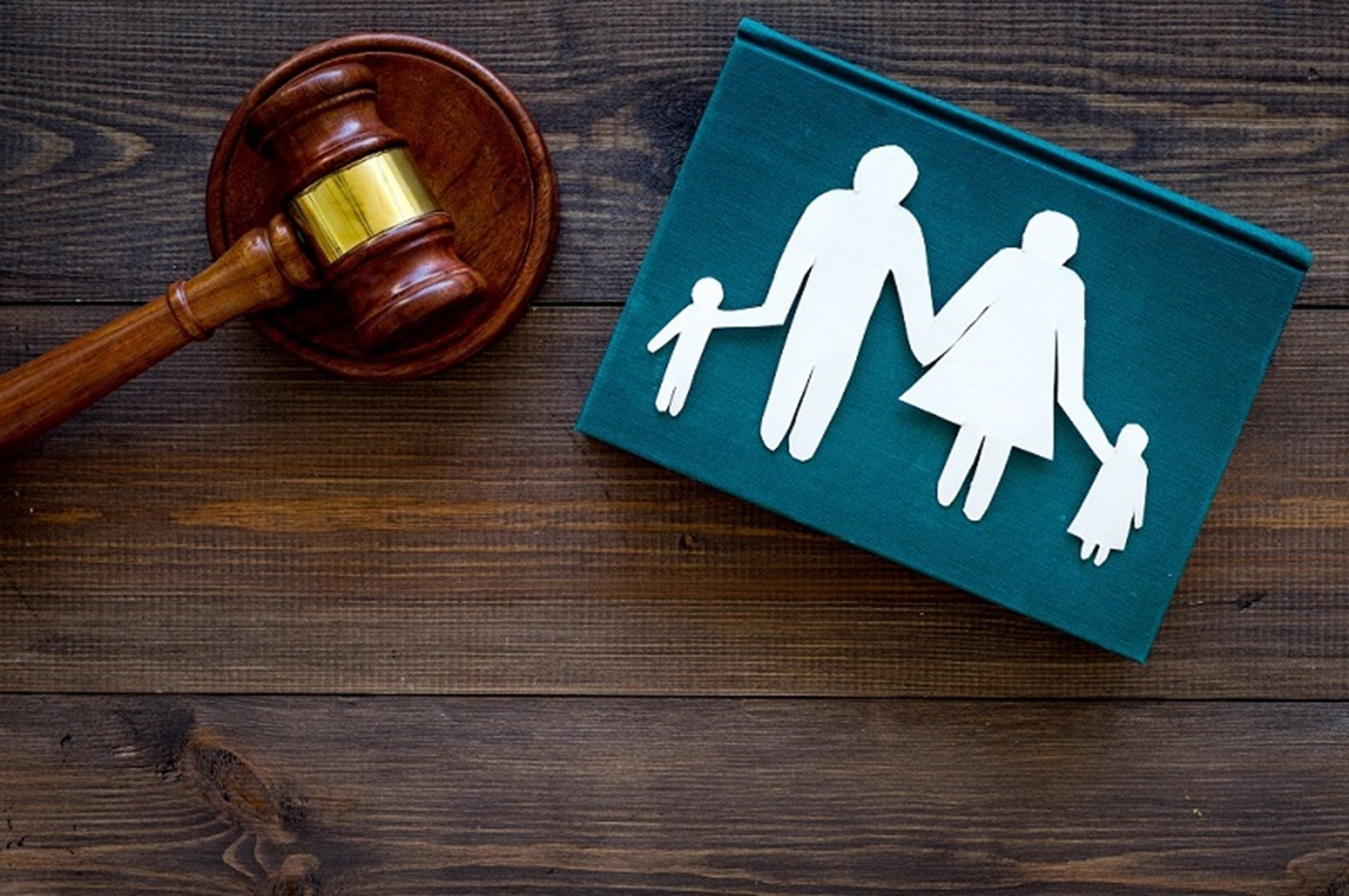When you are in the depths of a divorce or separation, it is not hyperbole to state that you are likely in one of the most emotionally difficult times of your life. You will have no shortage of strong emotions kicking around, making day-to-day life a struggle.
Yet, for children of parents currently in the midst of a divorce or separation, their day-to-day lifestyle will be of paramount concern. Children will want to know what is happening, where they will sleep, if they will see a certain parent and when. These questions are extremely common for children in this situation.
Unlike after a divorce or separation where a co-parenting arrangement can be created, during a divorce or separation is often a turbulent time to make these arrangements. Yet, it is important that you do so.
Today we’ll be exploring how to best navigate child custody and visitation during a divorce or separation, and provide you with the tools and insight to make the best of this difficult time in your life.
Keep The Child Informed
Before we delve into the specifics of how child custody and visitation will work from your perspective, it’s important we quickly outline the child’s perspective. Children are intelligent, even at a young age, and they will know their life is changing.
To best support your child through this time, we recommend you:
- Are as honest and up-front as you can be with their questions, as long as the answers are appropriate for a child,
- Reassure them that they will still see both parents, even if one parent is away during divorce proceedings,
- Inform them about the changes to their life, and how you are navigating the situation,
- Ask them what they want in a co-parenting arrangement. Such as “Do you want Daddy to pick you up from footy practice?” or “Do you want to be with Mommy on the weekend?”
- Important: Refrain from asking these questions as a method of skewing the co-parenting arrangement in someone’s favour. Instead, approach these questions with the intention of giving your child agency over this change in their life.
Two Roads Ahead of You: Legally Defined or Not
Divorce proceedings will often go down two different roads. You will either be pursuing divorce with legal representation, or you will be filing for an uncontested divorce (Also known as a no-fault divorce) through the legal system, but won’t actually require any legal representation.
The nature of how you are pursuing a divorce will dictate the tools you have at your disposal when it comes to visitation and child custody. Let’s explore both of these in a little more detail, and see how each will differ when it comes to child custody and visitation.
Traditional Divorce Proceedings
For couples working through a more traditional divorce proceeding, each with their own legal representation, mediation services and procedures will be available to help you create a stop-gap arrangement for child custody and visitation.
The process is quite straightforward, involving the legal mediator sitting with both parents and discussing a fair co-parenting arrangement that works for both of you. It’s important to note that unless there is any danger to the child (In the event of violence, abuse, etc) then this agreement will strive for equality.
A judge may be required to approve the agreement, ensuring that fair and equal grounds have been met and that the child’s safety, security, and care are the priority of the agreement.
A Temporary Child Custody Order will then be signed by both parties, outlining a structure for your child’s life, each parent’s responsibilities, drop-off times, as well as any other finite details that need to be straightened out. You can see this as a temporary parenting plan, and it will serve as how you’ll operate until the divorce is final.
Uncontested (No-Fault) Divorce
If you are pursuing an uncontested or no-fault divorce, then you will not have these legal frameworks available to you. This won’t come as a surprise, as if you are pursuing a no-fault divorce, then you and your ex-partner have managed to agree to fair terms to your split that don’t involve legal mediation.
This carries over to your co-parenting responsibilities for your child. To have a no-fault or uncontested divorce granted by a judge, then the court will need to see that you have created an effective co-parenting arrangement for any children under the age of eighteen.
This is why it’s a good idea to sit down and create an official parenting plan, even if it only serves as a temporary arrangement until the divorce is finalized. The agreement should outline all facets of your child’s life, including:
- Where they will sleep on what days,
- Drop off and pick up locations,
- How to handle birthdays and holidays,
- Who will take the child to certain activities,
- And more…
Handling Visitation During a Rocky Divorce
It’s important we acknowledge that there will be divorces with more serious circumstances. This could include elements of substance abuse, domestic abuse, and more. If this is the case with your ex-partner, then it can be tempting to cut off visitation, or difficult to come to an arrangement that doesn’t cause significant emotional turmoil.
As tempting as it is, we urge you to allow visitation if an amicable and safe arrangement can be made. Family courts will often look down on any attempt to prevent a child from seeing their parent, as long as that child is safe to do so.
If you feel unsafe, or simply can’t communicate with your ex-partner to make this arrangement, then legal mediation is a good option to form this arrangement. However, it is not required, and a simple arrangement of regular visitation can be made verbally.
You are free to dictate the terms, but you must strive for a fair arrangement when it comes to your child. As difficult as it is, you must separate the circumstances of the divorce from how your children interact with their parents. The courts will expect that attitude from both parties, regardless of the kind of divorce proceedings you are taking.
In Conclusion
Trying to ensure a secure and loving future for your children during a divorce or separation can be a deeply exhausting task. It’s easy to see why many couples in the process of divorce or separation can get this wrong, making mistakes that could affect their child’s well-being in the long run.
Thankfully, with the information outlined here, you now have a more solid understanding of what is expected of you from legal divorce proceedings. As well as how to handle creating a temporary custody order, and managing visitation during the divorce proceedings.
Never hesitate to reach out and find support for yourself in this trying time. Everyone can do with a helping hand, and there is no shortage of resources out there to ensure you get the support you need.




